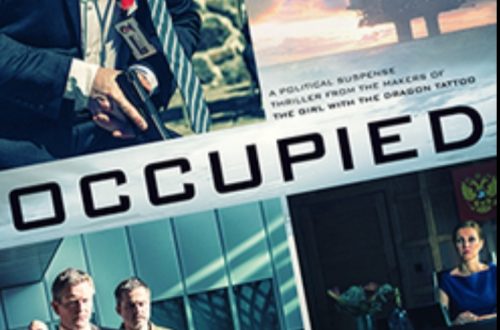This is a cross-post from Ben Cohen on the Z-word blog
When cultural historians look back at this week’s J-Street conference in Washington, DC, they will observe that many of the participants invested its proceedings with an almost mystical significance: a Woodstock moment for Jewish politics in America which poked a finger into the flabby bellies of the establishment organizations by declaring, “change has come, move aside.”
As always, reality will jostle with myth. From my vantage point, I see not a new movement but a confluence of old ones. I have learned little about the future direction of the Obama Administration in the Middle East – the keynote speaker, General James Jones, who is Obama’s national security advisor, didn’t add anything substantive to the address he delivered to the American Task Force on Palestine a couple of weeks ago.
What I have had is an education, of sorts, into J-Street itself. What the conference has been lacking in terms of genuine insight has been more than compensated for by gossip opportunities: the unctuous Max Blumenthal orchestrating a cheap laugh at Elie Wiesel’s expense; the decision of J-Street’s student arm to drop the “pro-Israel” bit of the mother organization’s “pro-Israel, pro-peace” tagline; the booing of liberal Rabbi Eric Yoffie of the Union of Reform Judaism; the presence of toxic, Israel-hating obsessives like Philip Weiss and Richard Silverstein under the veneer of an openness which was not, it seems, that open; the bizarre spiritual meanderings of M.J. Rosenberg…I could go on.
Above all else, the abiding impression I have of J-Street is its unapologetic parochialism. For J-Street, the Middle East begins and ends with the Israeli-Palestinian conflict. You will search the conference program in vain for any discussion of the Kurdish issue or the future of Iraq. Concerned about the persistence of authoritarianism in the Arab world? Find another conference. Curious to learn more about the politics of oil? Best not to stop here.
That is why, for all its radical pretense, J-Street is deeply conservative. I cannot say for sure why the conference did not discuss the above matters: perhaps they fear that any discussion of democracy and repression in the Islamic world will tar with them with the neo-conservative brush; maybe they figure that their audience won’t find such trifling matters as engaging as a spot of “as-a-Jew” breastbeating; it could simply be that they don’t want to question their assumptions. Whichever, the end result is that it’s very hard to take seriously any organization which claims to be “pro-peace” and yet ignores the fact that poverty, misogyny, homophobia, rigged elections, illiteracy, sectarian violence and jailed dissidents would be as much features of a Middle East without Israel as a Middle East with it.
I am sure there are eagle-eyed readers who will point out that the conference did feature a session on Iran. In the blurb for the panel, Iran was depicted as “Israel’s self-described (sic) greatest concern and strategic threat.” Now I understand: the duplicity over the nuclear program, the constant stream of Holocaust denial, the threats to wipe out Israel, the crushing of domestic opposition, the cozying up to Hugo Chavez is just incidental. And any lingering doubts would have been laid to rest by the panelists – Hilary Mann Leverett, a staunch advocate of the “negotiations without end” approach toward Iran, and Trita Parsi, who believes Israel and its neo-con supporters constitute the over-riding threat we should be worrying about.
These views are widespread and familiar; what matters for our purposes is that J-Street, by dint of its exclusion of any opposing perspective on Iran, apparently regards them as the last word. I wonder, then, what its leaders and acolytes would make of Iran’s latest shenanigans in the negotiations over its nuclear program. Would they even give them a second thought? And what chance they would buy into the line that the aim is not to obtain a nuclear weapon but to – yeah, really! – respect the environment?


